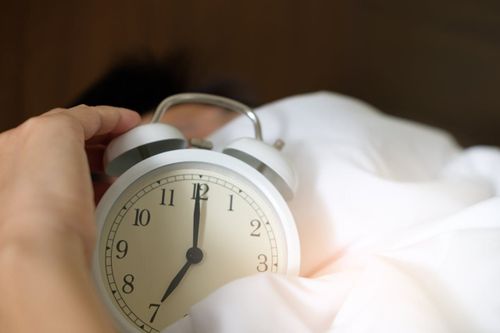We all know that sleep is essential, but what actually happens when we drift off? Sleep is a complex cycle with different stages, each playing a key role in helping our bodies and minds recharge. Here’s a quick guide to the stages of sleep and why they matter.
The Sleep Cycle at a Glance
Sleep isn’t just a single state; it’s a series of cycles, lasting about 90 minutes. These cycles consist of four stages, divided into two categories: Non-REM (Rapid Eye Movement) and REM sleep.
1. Stage 1: Light Sleep (Non-REM)
This is the transition from wakefulness to sleep, where you’re just beginning to drift off.
What Happens:
Brain activity slows down.
Muscles relax, but you might experience sudden twitches.
This stage lasts just a few minutes.
2. Stage 2: Deeper Light Sleep (Non-REM)
Stage 2 is a deeper light sleep, where your body starts to prepare for more restorative sleep.
What Happens:
Body temperature drops, heart rate and breathing slow.
Brain activity slows, with occasional bursts of activity called sleep spindles.
This stage lasts about 20 minutes per cycle.
3. Stage 3: Deep Sleep (Non-REM)
This is the stage of deep, restorative sleep, crucial for physical recovery.
What Happens:
Breathing and heart rate are at their lowest.
Brain activity shows slow delta waves.
This stage is where sleepwalking and night terrors can occur.
4. Stage 4: REM Sleep (Rapid Eye Movement)
REM sleep is when dreaming occurs and your brain processes emotions and memories.
What Happens:
Brain activity increases, resembling wakefulness.
Eyes move rapidly under your lids.
Muscles are temporarily paralysed to prevent you from acting out dreams.
Cycling Through the Night
Your body cycles through these stages multiple times a night. Early on, you spend more time in deep sleep (Stage 3), while REM sleep dominates later. Each stage is essential for a balanced sleep experience, ensuring your body and mind are fully rested.
Why All Stages Matter
Every stage of sleep has a unique purpose. Light sleep (Stages 1 and 2) prepares you for deeper rest, deep sleep (Stage 3) is essential for physical recovery, and REM sleep (Stage 4) is key for mental and emotional health. Missing out on any stage can leave you feeling unrefreshed.
Tips for Better Sleep
Stick to a Sleep Schedule: Regular sleep times help maintain a healthy sleep cycle.
Create a Relaxing Routine: Wind down with calming activities before bed.
Limit Stimulants: Avoid caffeine and heavy meals before sleep.
Optimise Your Sleep Environment: A cool, dark, and quiet bedroom can improve sleep quality.
Final Thoughts
Understanding the stages of sleep highlights just how important a full night’s rest is. Each stage contributes to how refreshed you feel in the morning, so prioritising good sleep habits is crucial for your overall well-being. Sweet dreams!










